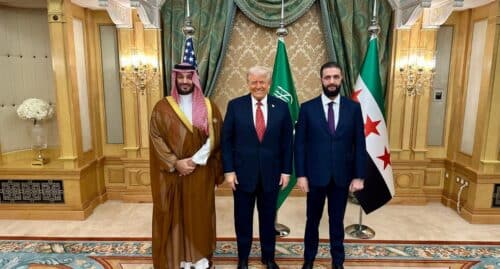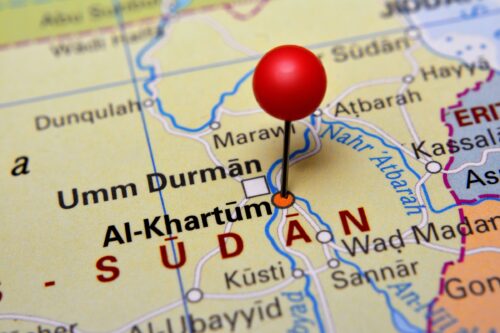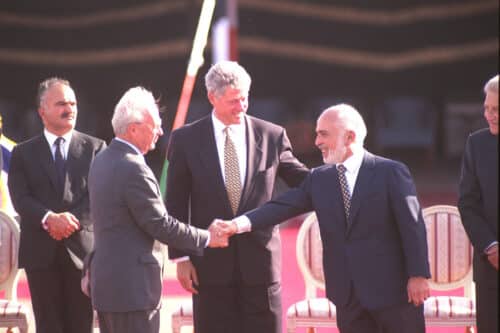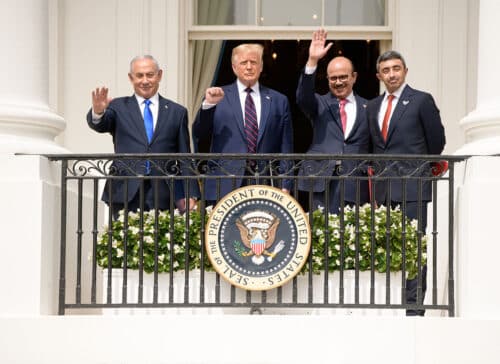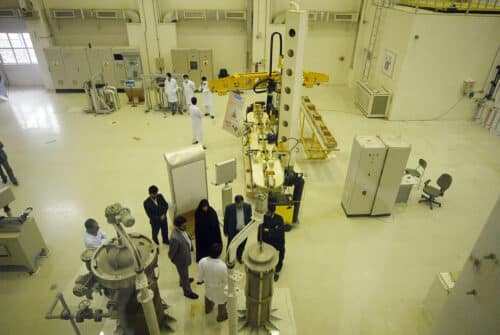What is the Connection Between the Fordow Nuclear Site and COVID-19 Swabs?
In recent days, it seems every Israeli has repeatedly heard the name Fordow, the nuclear facility at Fordow, its underground location, its fortifications, its critical role in Iran’s nuclear program, and the seemingly insurmountable challenge Israel faces in striking it. Hundreds of journalists and experts from every conceivable field have appeared publicly to discuss Fordow and its associated challenges.
This situation reminds me of the past. When the COVID-19 pandemic first emerged in 2020, Israel initially struggled with conducting large-scale testing. At that time, a new word entered our lives: “swab.” I must admit, I had never encountered the term “swab” prior to that crisis. Suddenly, it became commonplace among all experts and self-proclaimed authorities. They talked endlessly about shortages and seemingly insurmountable logistical difficulties. Yet, quickly, solutions emerged. Much like thousands of journalists and commentators eagerly discussed the coronavirus back in 2020, today everyone seems eager to demonstrate expertise on Fordow, not just in Israel but globally.
It is important to state what might appear obvious. There are indeed intelligent individuals deeply knowledgeable about military and geopolitical affairs. There are seasoned military specialists and highly respected former officials. Yet, despite my genuine respect for their expertise, it is likely that they, too, lack sufficient up-to-date information to reliably inform the public. The expertise required here is neither simply military nor strategic; it is exceptionally specialized. Furthermore, the knowledge required is not historical. It must reflect the current moment, given the continuously evolving reality.
Just as with COVID-19, this is an unprecedented scenario. We cannot rely solely on past experiences to accurately predict future possibilities.
Fordow
I speak here with great humility, as I hope my colleagues will from now on. Regarding the Fordow site, I have indeed read extensively, but only from publicly available sources, as my colleagues have done. However, we must keep in mind that there are likely additional classified materials accessible to only a select few. We can hardly speculate about the contents of such information. Presumably, those responsible for the matter are searching for vulnerabilities, ways to neutralize the site with resources available to Israel without American assistance. It has been clear for some time, even before the extensive recent discussions, that American assistance in any attack, related or unrelated to Fordow, would enable a faster and more effective resolution of the Iranian challenge. However, Israel has certainly examined whether and how it could independently complete the task. On this matter, I share some reflections, not as definitive answers, but as considerations.
Absolute air superiority: Even without specialized expertise, it is apparent there is a significant difference between completing a mission under constant threat versus conducting operations when flexibility is significantly greater. Theoretically, there is no limitation on the number of Israeli attempts to strike Fordow. If the situation demanded an urgent, decisive strike (a quick, one-time operation), our current scenario is different. I recall the astonishing Israeli Air Force strike on the bunker where Nasrallah stayed in Lebanon, ultimately resulting in his death. Israel lacked a single bomb capable of penetrating all the layers of ground and defense to neutralize the occupants. Yet, this did not stop Israel. The solution involved dropping several bombs in a specific sequence, creating a cumulative effect that achieved the objective. Could a similar logical solution work in Iran? Undoubtedly, logistical challenges in Iran greatly surpass those encountered closer to home. But again, if no one is chasing us, why couldn’t the mission be accomplished over several stages, employing a combination of different means? The answer is I don’t know, but neither do most of the public commentators.
Could there be operational combinations involving aerial and ground elements, Israeli agents, or Iranian assets acting in ways I cannot guess or imagine? I don’t know. Only a handful of secret keepers truly know.
What precisely is inside Fordow? Would the Iranian nuclear program retain its significance if Fordow remained the only site intact at the conclusion of hostilities? Again, I do not know. While I have engaged with the Iranian nuclear issue at a strategic level, I am far from an expert on nuclear specifics and weaponization. True experts in this domain are exceedingly rare, and even fewer, if any, publicly know the realities inside Fordow.
Over the past eighteen months, Israel has demonstrated exceptional creativity, accomplishing missions universally deemed impossible by countless domestic and international experts. Tasks they said would exact unbearable costs with negligible odds of success. Thus far, most of these experts have been proven wrong. In the immortal words of Israeli poet Haim Hefer, “the Jewish mind invents patents.” Believe it.
Israel’s Achilles’ heel has never been courage or creativity. When tasked with seemingly impossible missions, we have astonished the entire world. Recent days have only reinforced this truth. If I had to bet, my money would always be on Israeli ingenuity. If a room filled with relevant experts is tasked with devising a solution, I am confident a solution will emerge. It might involve significant risks or depend on certain conditions maturing; I do not know. Let us all practice humility. Most commentators speaking confidently about Fordow had never even heard of the site before recent events and did not know how to correctly pronounce its name. In these historic days, the Israeli home front has only one responsibility: to support the IDF and political leadership to complete their mission fully. Even if it is difficult, takes time, and faces continuous skepticism. Always remember, even the most senior former official, if not present in the secure decision-making rooms today, is no longer fully updated. They can speculate, perhaps, but they do not truly know.


